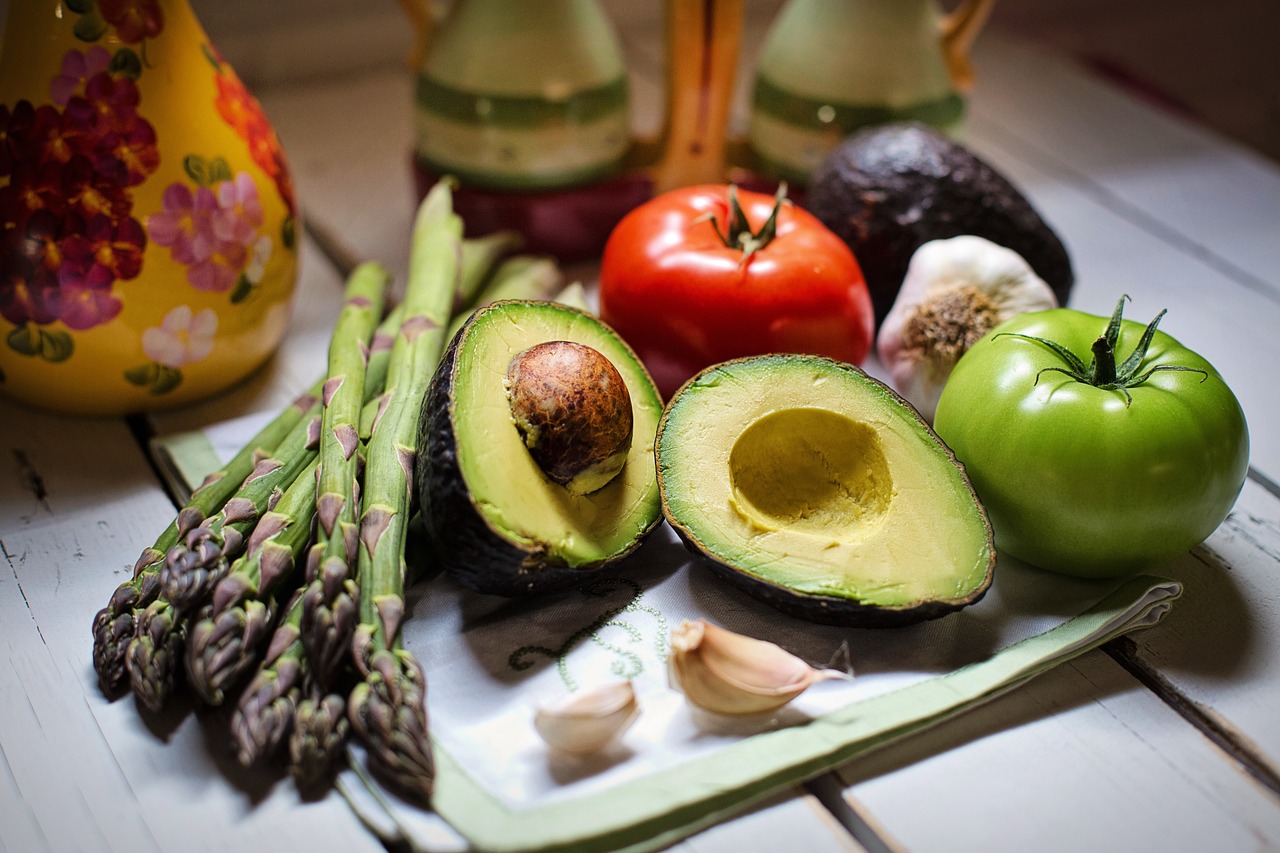
The Pros and Cons of a Vegan Diet: What You Need to Know
Exploring the Benefits and Drawbacks of Embracing a Vegan Lifestyle
Embarking on a vegan diet has become increasingly popular for various reasons, including health, environmental concerns, and ethical considerations. By eliminating all animal products from their meals, individuals who adopt a vegan lifestyle aim to improve their well-being and reduce their impact on the planet. However, like any dietary choice, going vegan comes with its own set of advantages and disadvantages.
In this article, we will delve into the benefits and drawbacks of a vegan diet to provide you with a comprehensive understanding of what it entails. Whether you're considering making the switch to a vegan lifestyle or simply want to learn more about its implications, we'll explore the pros and cons to help you make an informed decision.
Pros
There are numerous benefits associated with adopting a vegan diet that extend beyond personal health. From environmental sustainability to animal welfare, the advantages of going vegan are diverse and impactful. Let's uncover the unique advantages that come with embracing a plant-based lifestyle.
Missing a pro?
Cons
While a vegan diet offers several benefits, there are also potential drawbacks that individuals should consider before making the transition. It's important to be aware of the challenges associated with a vegan lifestyle to make an informed decision that aligns with your personal needs and preferences.
Missing a con?
Conclusion
In conclusion, the decision to embrace a vegan diet comes with both advantages and disadvantages that should be carefully weighed and considered. While the potential health benefits, ethical alignment, and environmental impact of a vegan lifestyle are compelling, it's important to address the potential challenges associated with nutrient intake, social dynamics, and practical adjustments. Ultimately, individuals should approach the concept of veganism with a comprehensive understanding and a tailored approach that suits their individual circumstances and goals.
What do you think?
Do you think the pros outweigh the cons?









